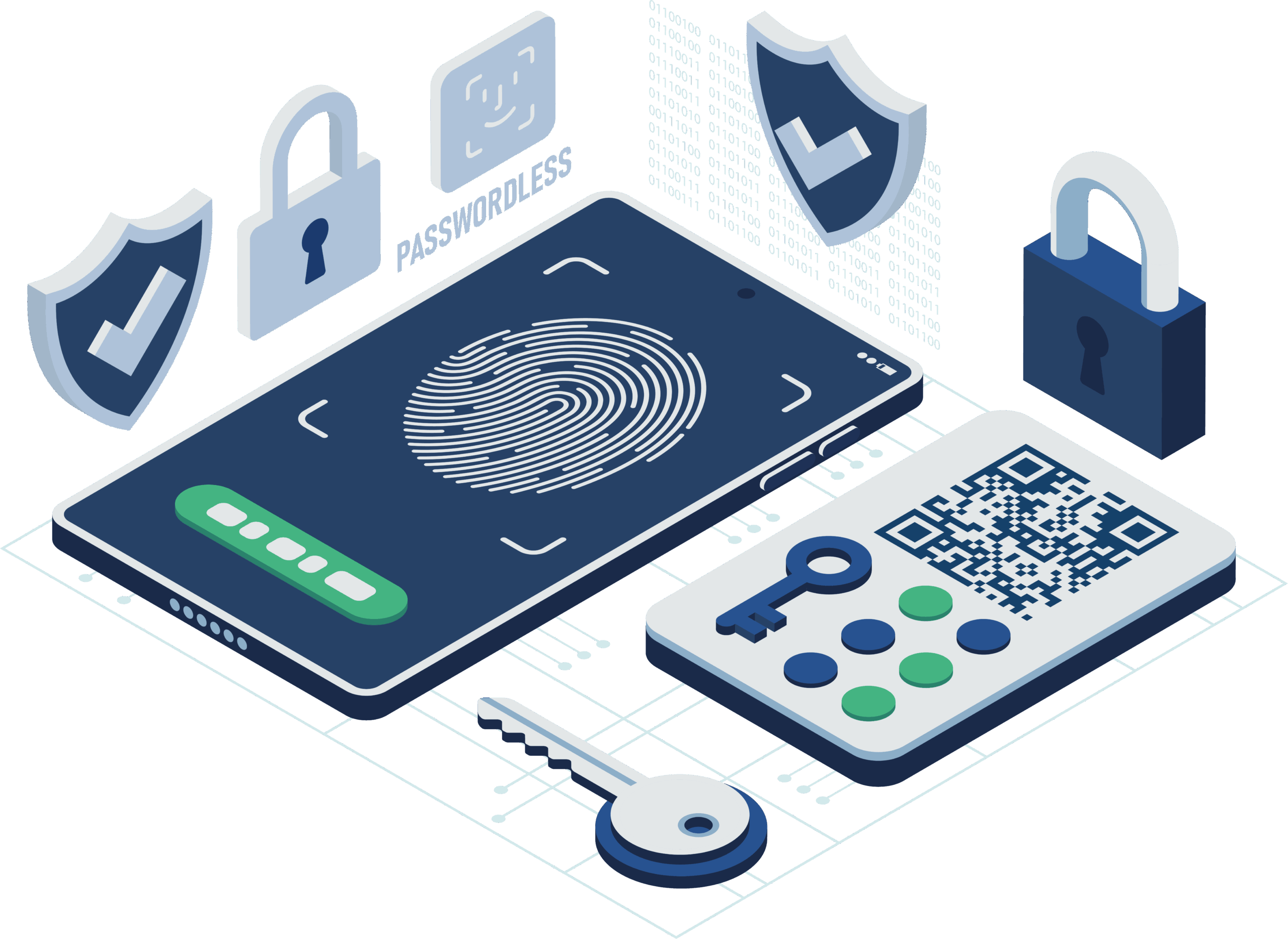How Hackers Used One Weak Password to Destroy a 158-Year-Old Business
July 21, 2025
What would happen if one of your employees used a weak password — and a hacker guessed it?
For a well-established logistics firm in Northamptonshire, that may have been all it took. After 158 years in operation, KNP Group collapsed in 2023 after falling victim to a devastating ransomware attack. The damage? All internal systems locked, business operations frozen, and 700 jobs lost overnight. It’s believed the breach started with a single compromised password — guessed by hackers using basic brute-force methods.
KNP’s story is far from unique. In fact, cybercrime is now one of the biggest threats facing UK businesses of all sizes — and small to medium-sized enterprises (SMEs) are particularly vulnerable.

Ransomware Is On the Rise — And It’s Not Just Targeting Big Brands
You might think high-profile hacks only affect the likes of Harrods, Marks & Spencer, or the Co-op — all of which have faced cyberattacks in recent months. But the truth is, most ransomware attacks target smaller businesses that don’t have enterprise-grade protection in place.
Government surveys estimate that tens of thousands of ransomware attacks now hit UK businesses every year. And because companies are not required to report these incidents — especially if they quietly pay up — the actual number could be far higher.
One of the most alarming aspects of this surge is how unsophisticated some of the methods are. Criminal gangs no longer need advanced technical skills. Many now rely on social engineering: impersonating IT staff over the phone, guessing weak passwords, or purchasing easy-to-use hacking tools online.
The True Cost of a Breach
In KNP’s case, once the hackers gained access, they encrypted the company’s entire database and internal systems. A ransom was demanded — reportedly in the region of £5 million. KNP simply couldn’t pay. Their business ground to a halt and never recovered.
The human cost was devastating: 700 jobs gone. Decades of data lost. Reputational damage that couldn’t be undone.
Yet it all may have begaun with one overlooked password.
The UK’s National Cyber Security Centre has repeatedly warned that ransomware is now a national security threat. They deal with serious attacks every single day. But their resources are finite — and ultimately, protecting your systems starts with the decisions you make inside your business.

Why SMEs Are Particularly at Risk
Many SMEs believe they’re too small to be of interest to hackers. In reality, the opposite is true. Smaller organisations often have:
-
Fewer security controls in place
-
Less staff training on cybersecurity hygiene
-
No dedicated IT or incident response team
-
Outdated systems or unpatched software
-
Limited backup or disaster recovery plans
These factors make SMEs an attractive target — what cybercriminals see as “low-hanging fruit”.
Don’t Wait Until It’s Too Late
At Black Sheep Support, we help businesses prepare for — and protect against — the real and growing threat of cyberattacks. We’ve seen firsthand how avoidable some of the most devastating incidents are. But the truth is, most businesses only act after something has gone wrong.
Our approach is straightforward: we assess the risk, secure your systems, and give you ongoing support to keep threats at bay. No jargon, no scare tactics — just practical, reliable advice tailored to your business.
Take the First Step Today
Not sure how strong your current defences are? Let’s find out — together. Book a free cyber security review with our team and get clear, expert guidance on where you stand and what you can do to stay safe.
When it comes to protecting your business, we’re outstanding in our field!
What is ransomware and how does it work?
Ransomware is a type of malicious software that encrypts a company’s data and demands a payment (ransom) to restore access. It often enters through weak points like unpatched software or compromised credentials.
How do hackers typically gain access to business systems?
Hackers often exploit weak passwords, phishing emails, and unsecured networks. In many cases, they rely on simple tactics like guessing logins or tricking staff into revealing sensitive information.
Are small and medium businesses really targets for cyberattacks?
Yes — SMEs are often more vulnerable than larger firms due to fewer security controls and limited resources. In fact, they are frequently targeted because attackers see them as easier to breach.
What can happen to a business after a ransomware attack?
Consequences can be severe: system shutdowns, data loss, reputational damage, legal costs, and even closure — as seen in the case of KNP, a 158-year-old firm that went under after an attack.
How can Black Sheep Support help protect my business?
Black Sheep Support works with businesses to assess vulnerabilities, strengthen defences, and prepare for cyber threats. We’re experts in safeguarding SMEs — and we’re outstanding in our field.
